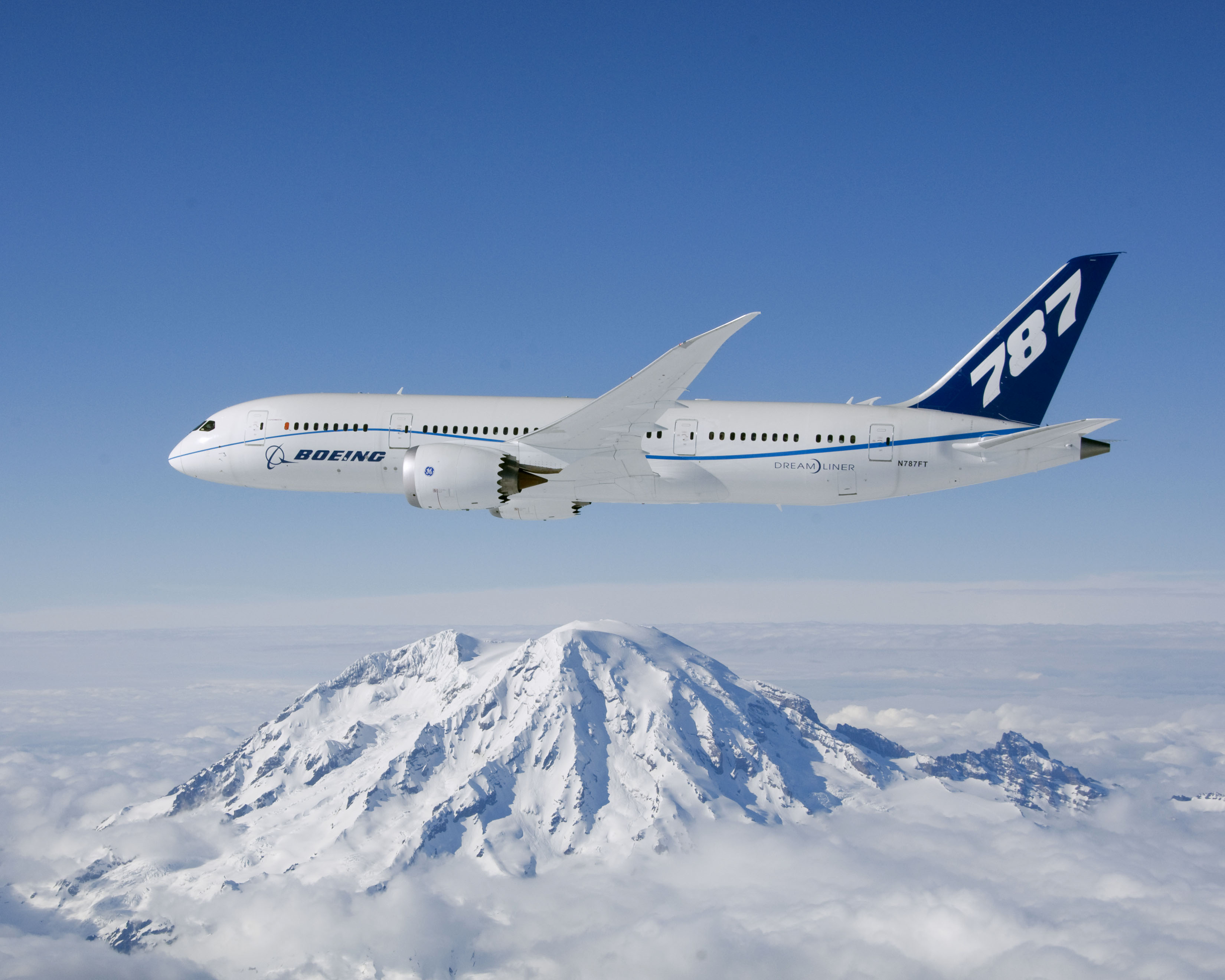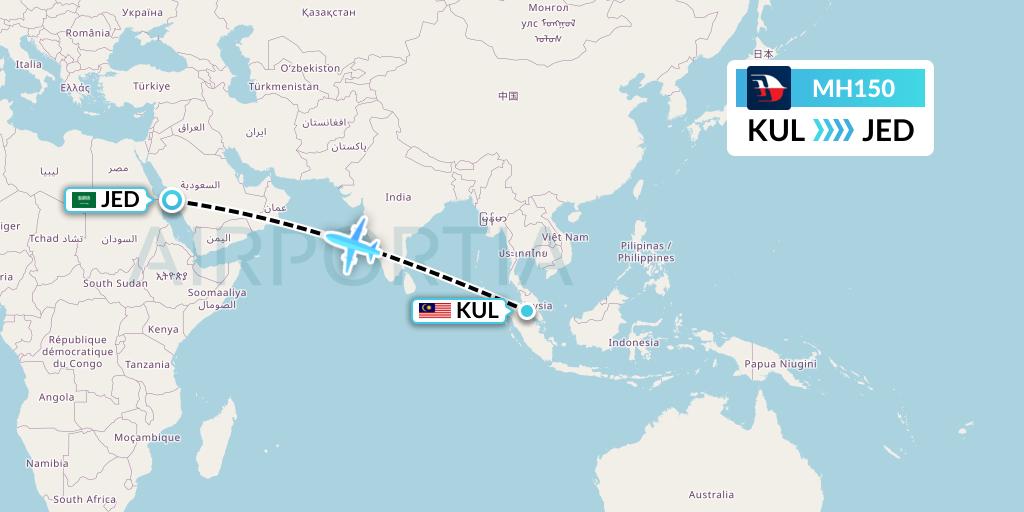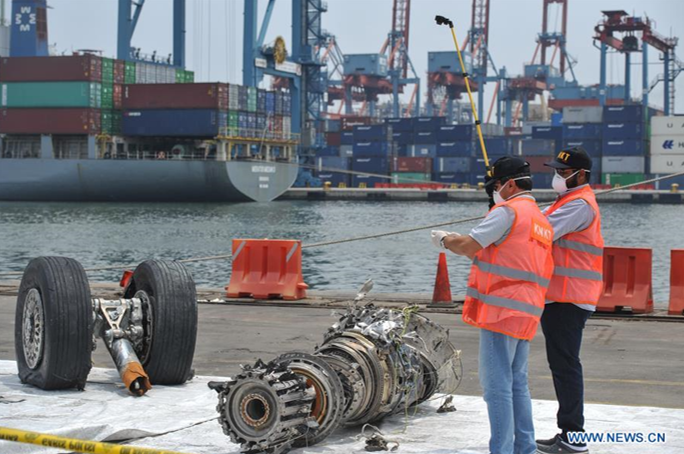Indonesian authorities have called off the search for victims of the Lion Air tragedy but say they are continuing to look for the cockpit voice recorder.
The effort to retrieve victims was downgraded to a monitoring exercise after searchers failed to find additional bodies and said they had covered the crash area.
Crash investigators have already retrieved and downloaded information from the flight data recorder but say they need the cockpit recorder to completely understand the plane’s crucial final moments.
“From the black box data, we know about 70 to 80 percent of what happened but to 100-per cent understand the cause of the accident … we need be able to know the conversation that took place in the plane’s cockpit,” the head of Indonesia’s transportation safety committee, KNKT, Soearjanto Tjahjono told reporters Saturday.
Lion Air flight JT610 plunged into the sea minutes after take-off from Jakarta on October 29 with 189 people on board.
Channel News Asia reported KNKT had brought in a pinger locator and a vessel capable of sucking up mud to help with the search for the voice recorder. It also has remotely operated underwater vehicles equipped with cameras.
The news site said Tjahjono was worried the cockpit voice recorder may have been damaged on impact because KNKT had yet to detect any locator pings.
Other wreckage, such as landing gear and engine components have already been located and searchers have filled about 196 bags with body parts from the tragedy.
Almost 80 of the victims have already been identified.
The US Federal Aviation Administration last week issued an emergency airworthiness directive (AD) warning of problems in the latest Boeing 737 MAX aircraft that could lead to a loss of control.
The AD is similar to an operations bulletin issued by Boeing after the manufacturer conducted an analysis of the fatal Lion Air crash and aims to ensure pilots follow the correct operating procedures in the case of a malfunction.
READ Lion AIr crash could explain the failure to find MH370 debris
The AD said that if an erroneous high single angle of attack sensor input is received by the flight control system, there is a potential for repeated nose-down trim commands of the horizontal stabilizer.
The angle of attack is the angle between oncoming air and a reference line on the aircraft wing, essentially measuring how far upward the aircraft’s nose is pointed as it flies along. An aircraft will go into an aerodynamic stall and lose lift if the angle of attack is too high.
“This condition, if not addressed, could cause the flight crew to have difficulty controlling the airplane, and lead to excessive nose-down attitude, significant altitude loss, and possible impact with terrain,’’ it said.
Indonesian crash investigators have confirmed that that the 737 in the crash had technical faults on four flights previous to the one in which it plummeted into the sea shortly after takeoff from Jakarta.
These included erroneous speed and altitude data that prompted a Bali-Jakarta flight operated the day before the crash to go into a dive that frightened passengers and a made them sick.
The pilot of the flight requested a return to Denpasar but the situation corrected itself and he elected to continue to Jakarta.
Lion Air said it attended to the problem in accordance with Boeing procedures.
Investigators said the angle of attack sensor was replaced prior to the fatal flight without solving the problem.
























